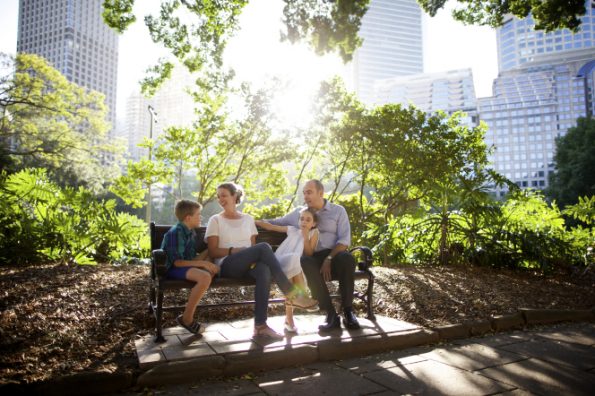“I do it myself!” shouts my three-year-old daughter as she struggles to put on her shoes. My offers to help are rejected as she fights to do something hard on her own.
I am seeing free will (with a high level of frustration and intense, unrelenting determination) in action. The emotional display of fireworks ranges in intensity with different personalities, but the desire to progress is universal.
 Our children learn new things every day: how to put on their shoes, ride a bike, do a math problem, spell a word, date, drive a car. Every day, the driving force of free will gives them the motivation to keep moving forward. Struggle goes with the territory of new experiences.
Our children learn new things every day: how to put on their shoes, ride a bike, do a math problem, spell a word, date, drive a car. Every day, the driving force of free will gives them the motivation to keep moving forward. Struggle goes with the territory of new experiences.
Most people I know are comfortable with their own free will. They love the ability to make choices and learn from their decisions. For most parents, free will is like fire. It is both thrilling and scary. It is thrilling because we know our children need free will to grow. Freedom to choose is exhilarating and empowering. Without free will, we would still be spoon feeding them at 9, tying their shoes at 17, and carpooling for the remainder of our days. With free will comes learning and progression. If the fire of free will is contained and directed, it can be a rocket of progression.
This unbelievable gift is described by the ninth prophet called in these modern times, David O. McKay:
“Next to the bestowal of life itself, the right to direct that life is God’s greatest gift to man. … Freedom of choice is more to be treasured than any possession earth can give. It is inherent in the spirit of man. It is a divine gift. … Whether born in abject poverty or shackled at birth by inherited riches, everyone has this most precious of all life’s endowments—the gift of free agency; man’s inherited and inalienable right” (Teachings of Presidents of the Church: David O. McKay, “Chapter 22: Agency and Responsibility,” 205).
Democratic countries are founded on this inalienable right. Slavery was abolished because of this right. Many have died to retain the right to remain free.
Free will, also called “agency,” is powerful — and this is why parents also find free will a bit scary. Children combine free will with inexperience and immaturity. That same fire, unrestrained, can burn out of control and create severe damage.
My husband was in charge of a large youth group who spent time in the summer reenacting a pioneer trek. He watched as some teenage boys grabbed hard reeds and were hitting each other on the back for fun to see if they could make welts appear. The leaders were discussing this not-so-smart behavior and one leader commented, “In our family, we call this green brain. A youngster’s brain is green when displayed on a brain scan. As they grow, the color changes. Their brain is fully developed by their 20s and the scan shows a totally different color.” She looked over at the boys. “Definite green brain,” she said.
With choice comes a balancing tagalong: responsibility.
As President Brigham Young, the second prophet of the restored Church, said on one occasion:
“If Brother Brigham should take a wrong track and be shut out of the kingdom of heaven, no person will be to blame but Brother Brigham. I am the only being in heaven, earth, or hell, that can be blamed. This will equally apply to every Latter-day Saint. Salvation is an individual operation. … When salvation is sent to me, I can reject or receive it. In receiving it, I yield implicit obedience and submission to its great Author throughout my life, and to those whom he shall appoint to instruct me; in rejecting it, I follow the dictates of my own will in preference to the will of my Creator” (Teachings of Presidents of the Church: Brigham Young, “Chapter 40: Salvation through Jesus Christ,” 294).
 Our children are free to choose, but have the responsibility of owning the consequences. It is important that they know choice is not the end destination, but the vehicle that moves us forward.
Our children are free to choose, but have the responsibility of owning the consequences. It is important that they know choice is not the end destination, but the vehicle that moves us forward.
Elder Dallin H. Oaks noted:
“Few concepts have more potential to mislead us than the idea that choice, or agency, is an ultimate goal. In mortality, choice is a method, not a goal” (Dallin H. Oaks, “Weightier Matters,” Ensign, January 2001).
Our challenge as parents is to allow our children to use the vehicle of choice, point them in the right direction of obedience to commandments of God, and let the fire of free will propel them to success and safety.
This article was originally published in March 2008. Minor changes have been made.






